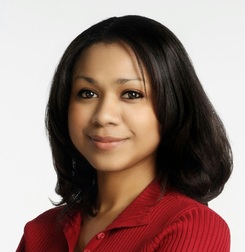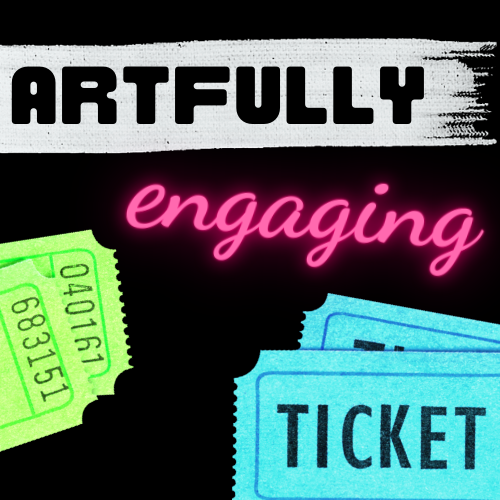|
If you could describe this show in three words, what would they be?
Hope: Provocative. Timely. Intense. What drew you to be involved in this production? Hope: When Wendy comes calling, I know that I am in for a challenge and that I am about to be stretched as an artist and as a person. I have worked with Wendy in the past and really admire her for taking on the gritty, controversial and thought-provoking material that many main stream theaters are terrified of. After I read the script, I thought, "Wow, this is hard, terrifying and challenging, so I have to do this!" |
Hope: "We can't study our own mind cause it's broken."
What's the rehearsal process been like so far? What has inspired you and challenged you?
Hope: We definitely had to start with a lot of table work. There are just so many components to excavating this play. First off, I had to do a lot of research on the roots of the Communist Party. (I was totally unaware of Black people's involvement with the Party.) Then, I had to research the times of the play (1932 in Alabama). Cali is a washerwoman and oftentimes they were subjected to sexual assault. A good source for that was a book entitled "To 'Joy, My Freedom." We have also been very lucky to have such great dramaturges, such as Steve Matuszak and Peter Rachleff. We spent a lot of time dissecting Naomi's dense and oftentimes poetic language and trying to make sense of it. It was also important to make it feel natural in our mouths.
Who do you think will appreciate this play? On the Frank Theatre website there is a quote that says, "We're not for everyone." Who is this show for?
Hope: This show is for anyone who wants to be challenged and enlightened. It's for people who are fed up with the status quo and even for those who are comfortable. We want them to get uncomfortable so that they may be able to question their own beliefs, morals, and convictions.
How do you promote your theater work and reach out to prospective audience members?
Hope: I actually often talk to people on the bus, on the street or wherever I may be. Strangers are often drawn to me and I use that blessing to spread the word. I also do some old fashioned canvassing. I hit up my local coffee shops or thrift stores and leave lots of postcards. I am a bit old fashioned. I need to get with the times with Twitter, Instagram or whatever these kids are into these days. Oh yeah, and the Facebook.
What improvements do you envision for the future of the Twin Cities arts community?
Hope: I would love to see more female directors given bigger opportunities to share their gifts. I would also love to see more people of color given opportunities to share their stories. Of course we would not have these stories without gifted playwrights such as Josh Wilder, Shavunda Horsely, Jessica Huang, and Sha Cage, just to name a few. My good friend Jamil just co-founded a festival for black artists (New Griots Festival) and I think that is amazing! Personally, I would like to be more involved in the community. I think theater starts there.
There is power in numbers. The more that we collaborate to improve our surroundings and create opportunities for each other, the better. Let's love and support each other and see each other as collaborators as opposed to competitors.
Rehearsal pics.
Posted by Frank Theatre on Wednesday, September 2, 2015
Ticket Information: Things of Dry Hours
September 11-October 4
|
Things of Dry Hours
By Naomi Wallace Presented by Frank Theatre Featuring Sam Bardwell, Hope Cervantes and Warren C. Bowles Alabama, 1932, the heart of the Depression. Tice, a laid off African American steelworker, swears by his bible as much as he does the words of Karl Marx. His widowed daughter, Cali, who does the laundry of the rich white folk and collects the treasures that are left in their sheets—a ribbon here, a shoe there–lives with him in a cabin. In the middle of the night, a stranger—a white man suspected of murdering a foreman at the steel mill—knocks on their door with the intent of changing their worlds for good. |
|


 RSS Feed
RSS Feed

